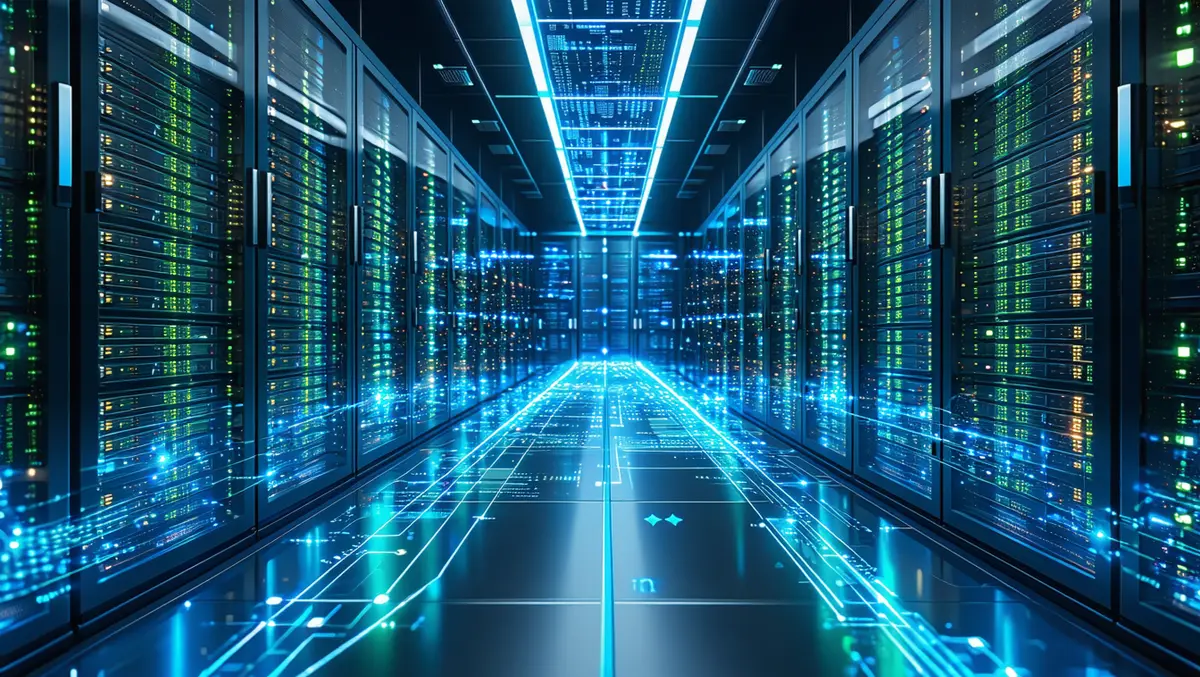
Vertiv forecasts AI-driven data centre trends for 2025
Vertiv has released its predictions for data centre trends in 2025, focusing on supporting high-density computing, regulatory scrutiny around AI, and increasing emphasis on sustainability and cybersecurity.
"Our experts correctly identified the proliferation of AI and the need to transition to more complex liquid- and air-cooling strategies as a trend for 2024, and activity on that front is expected to further accelerate and evolve in 2025," said Vertiv CEO Giordano (Gio) Albertazzi. "With AI driving rack densities into three- and four-digit kWs, the need for advanced and scalable solutions to power and cool those racks, minimise their environmental footprint, and empower these emerging AI Factories has never been higher. We anticipate significant progress on that front in 2025, and our customers demand it."
Vertiv's experts predict that power and cooling infrastructure will innovate to keep pace with computing densification. This shift towards GPU for parallel computing power will increase the pressure on existing power and cooling systems, potentially leading data centre operators to adopt cold-plate and immersion cooling solutions. AI racks will require UPS systems, batteries, and power distribution equipment capable of managing fluctuating AI loads.
Energy availability challenges are also expected to be a priority, as data centres may soon use 3-4% of global power due to AI-related increases in consumption. Organisations are anticipated to explore alternative energy solutions and microgrid deployments to address these challenges. Fuel cells and alternative battery chemistries may become more prevalent in microgrid options.
Collaboration among industry players is also anticipated to drive AI Factory development. Increasing rack densities require cooperation between chip developers, power and cooling infrastructure manufacturers, and utilities. Such partnerships aim to support AI adoption through transparent roadmaps and development tools powered by AI. This collaboration is expected to extend to manufacturing partnerships for true integration of IT and infrastructure.
Artificial intelligence is influencing cybersecurity by making it both harder and easier. The rise in ransomware attacks has prompted data centres to reassess cybersecurity processes, with AI-supported hacks becoming more common. As a response, cybersecurity experts and data centre operators are developing their own AI security technologies to combat these advanced threats.
Government and industry regulators are poised to tackle AI applications and energy use. Sovereign AI initiatives by countries such as Denmark and legislative processes across Europe and China indicate a significant focus on developing governance frameworks for AI. While initial regulations may focus on AI technology applications, there is potential for these to extend to energy and water consumption and emissions at data centres.
.webp)

